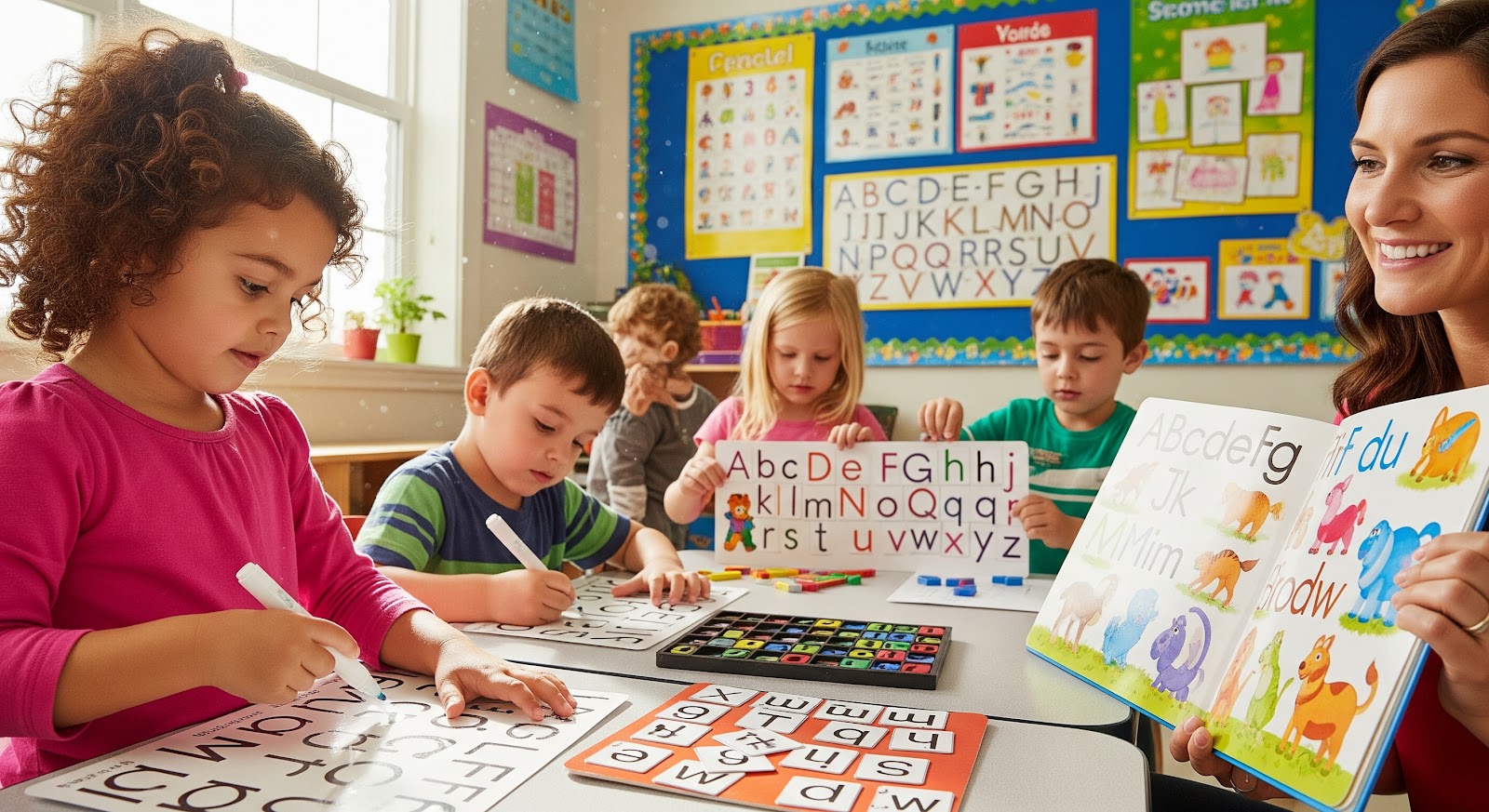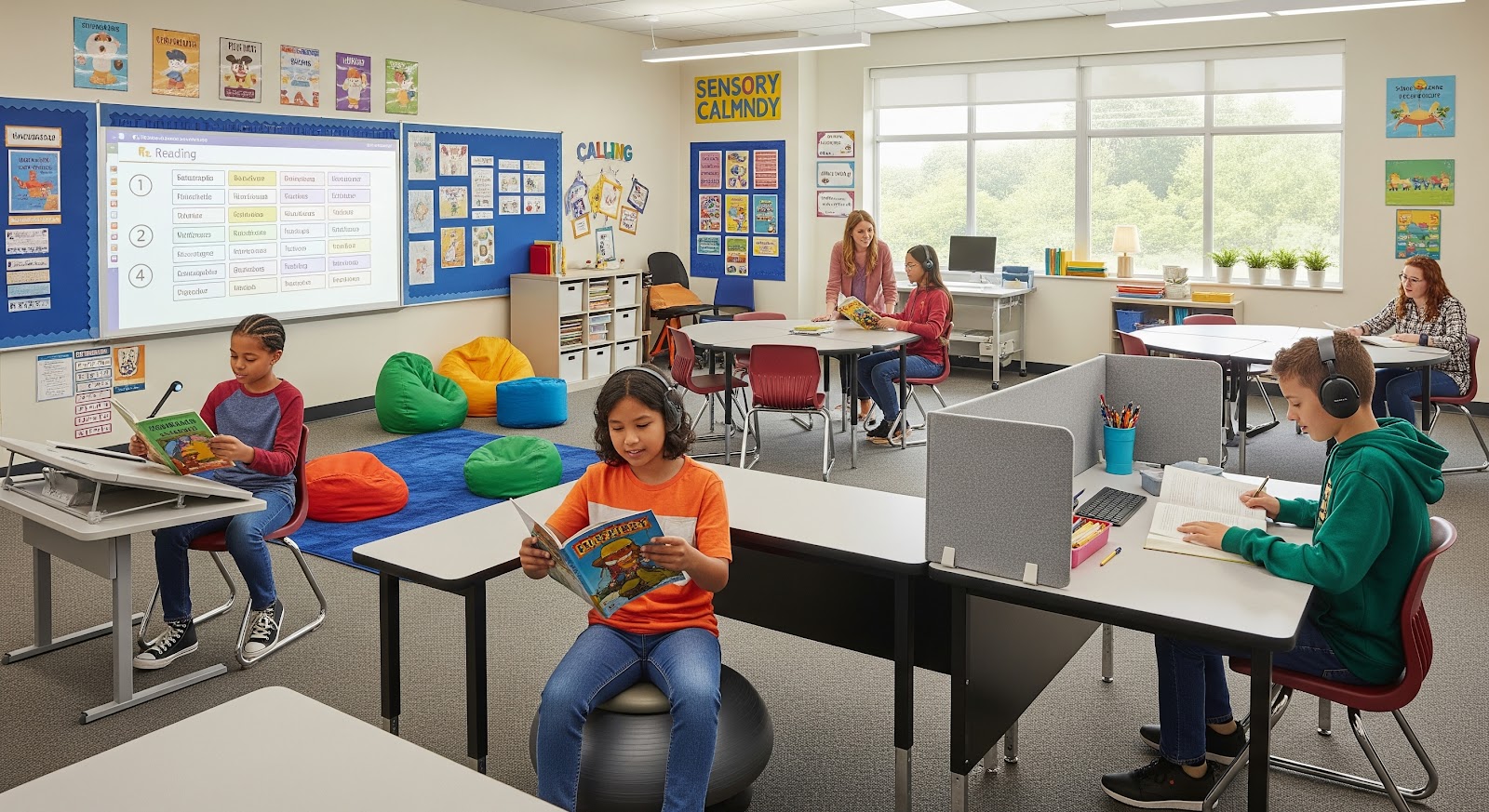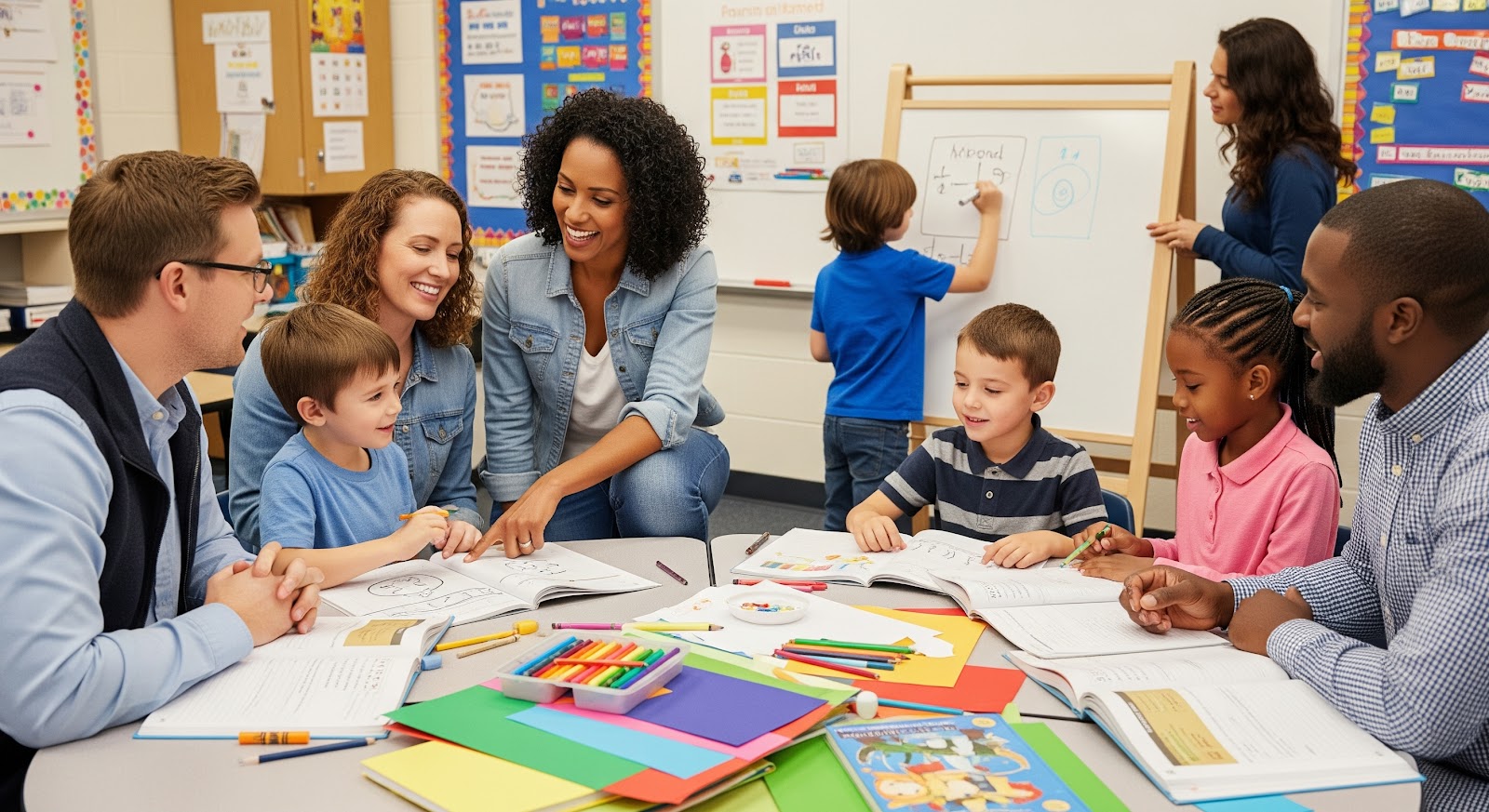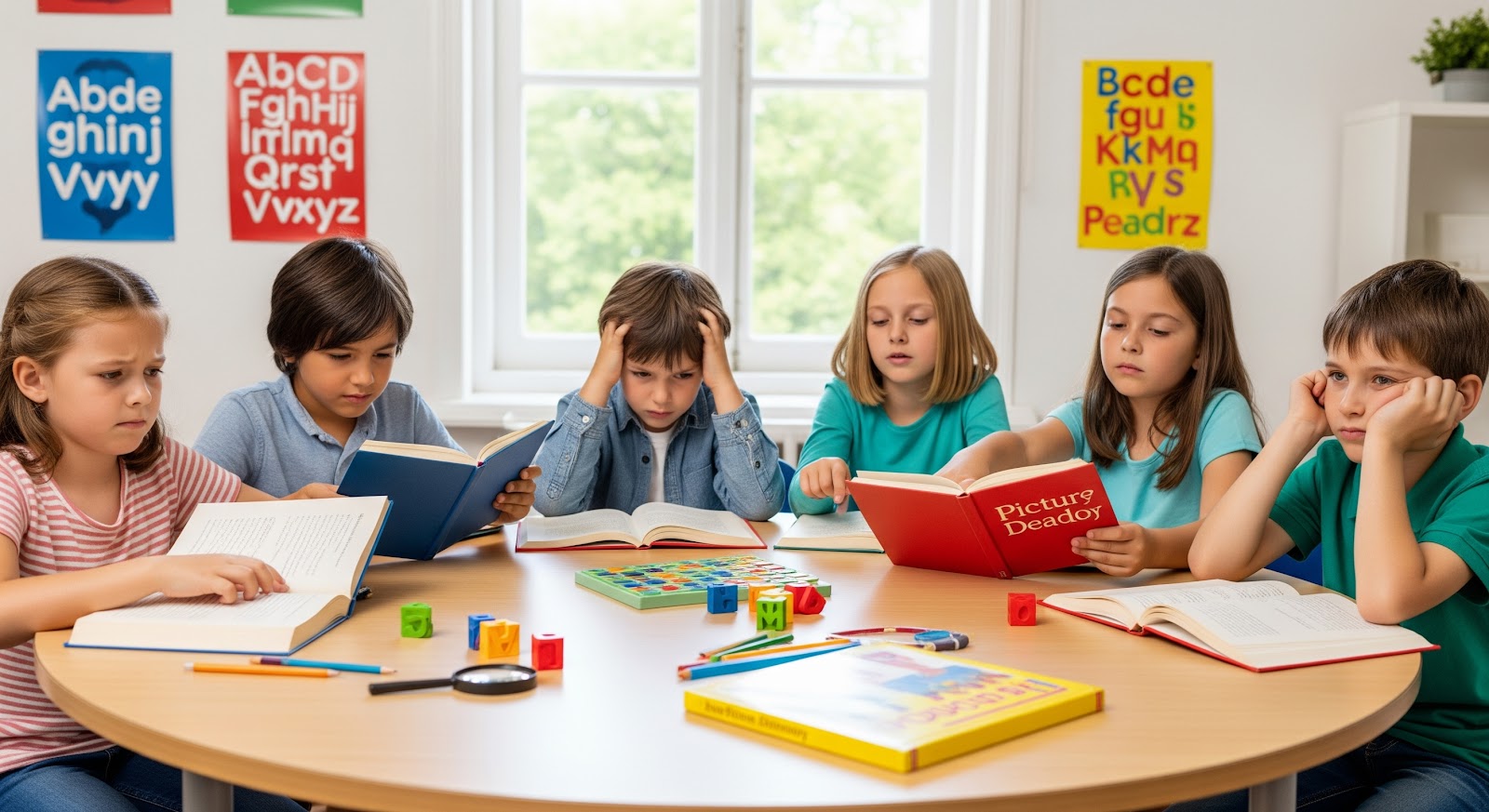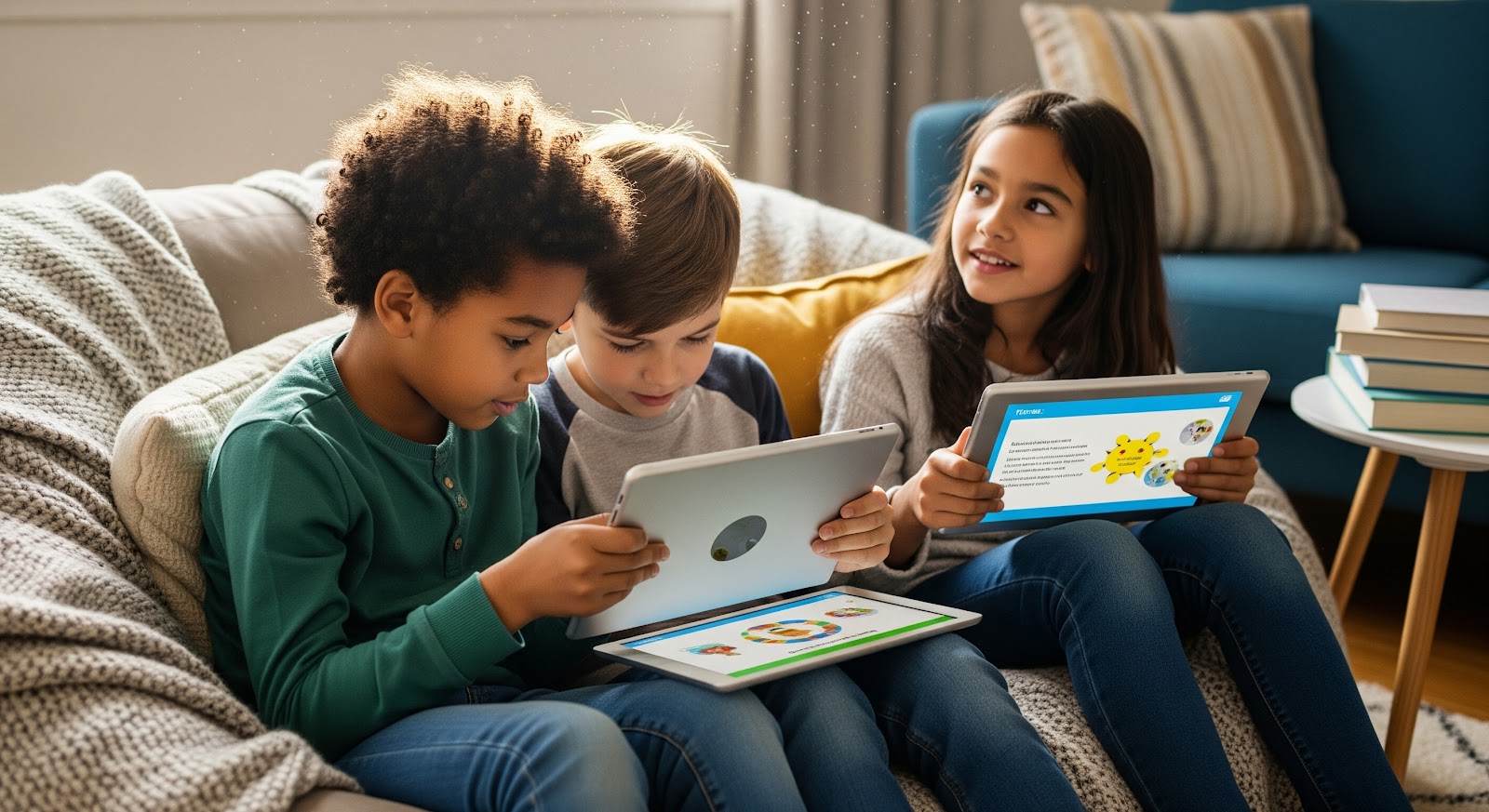The Best Early Literacy Activities for Young Learners
Strong literacy foundations, starting with listening, speaking, and recognizing letters and sounds, set the stage for future academic success across all subjects. In fact, decades of research in early education, including findings from the National Reading Panel and the Science of Reading framework, emphasize that early exposure to reading-related experiences can dramatically improve a child’s … Read more

